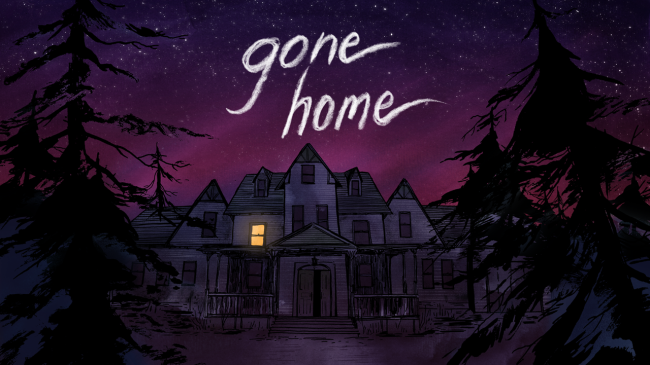Go see this film. You will be changed after seeing this film.
Recounting the atrocities of the Indonesian mass genocide, this documentary focuses on those who committed the horrible events. Filmmaker Joshua Oppenheimer gives the killers a chance to recreate the events in the style of their favorite films and art pieces. The story is horrifying, tragic and incredibly important. I don’t want to focus too deeply on the plot as I think an audience needs to experience the events that transpire in the film as they happen.
This is the only film I can think of that has made me cry and feel nauseous during the closing credits. It makes you feel complicit and connected to these monsters. It is hard to watch because it is so real, and so frightening. More than that, film strikes a connection between the audience and the characters. With fiction, through this connection there is also disconnect following the credits because you have managed to freely escape to a world of dreams and nightmares, but wake up in your own reality–away from the characters, story and consequences of fiction. This film, real on every account, forces the audience to take in the atrocity, the malice, the sick joy these murderers managed to get out of their crimes. There is no escape after the credits roll. This is what really happened and is happening all over the planet. I listened to an episode of This American Life where a man is called a heretic for not believing in hell–because hell is on earth. We humans create hell and push it onto others, and that is the “gnashing of teeth” so commonly connected to hell in the New Testament. This world brought to the public eye shows that hell in full force.
The fact that these monsters are told to recount their actions through art is spectacular. Art, as I’ve touched on, should be an escape or a way to work through emotions to help us better deal, appreciate and enjoy the reality we must return to. However, art in this film, does the opposite. Art shows these monsters (maybe not all, but at least one) just what he did. He cannot escape his crimes. Yet, like great art, in his country, the monster is still lauded by the government, the media and his comrades. The man tries to purge his demons in his own, very public “gnashing of teeth,” yet he is unable. No amount of art can give this man escape for his crimes.

